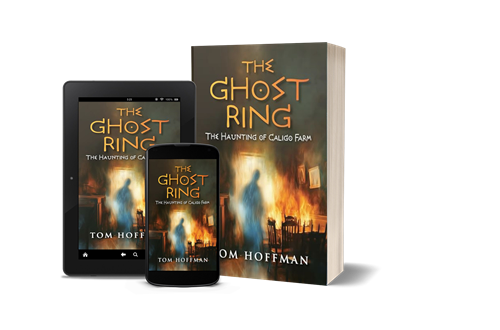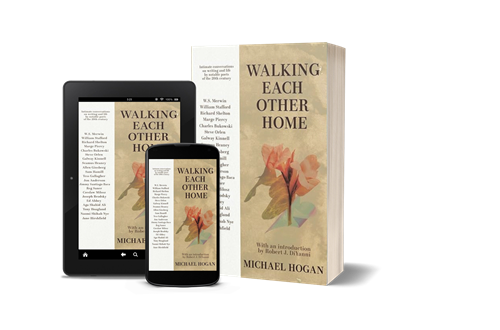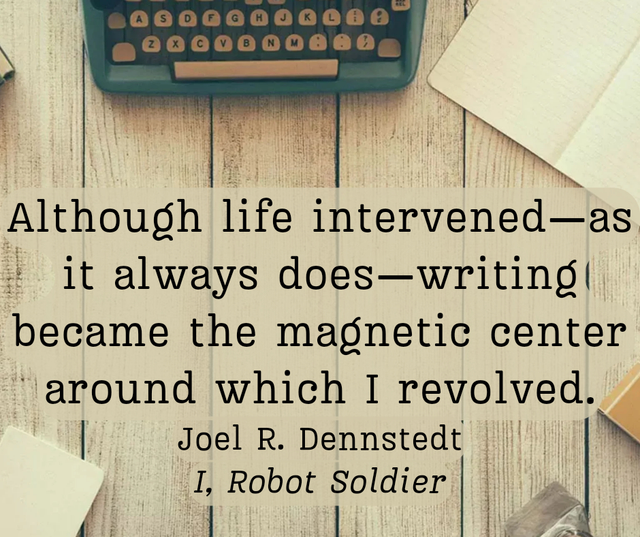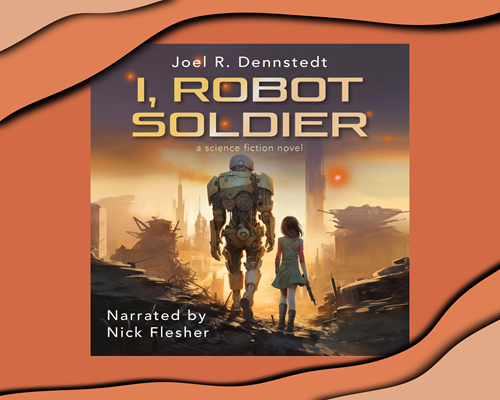Exploring The World Of Independent Authors: Jeff Turner
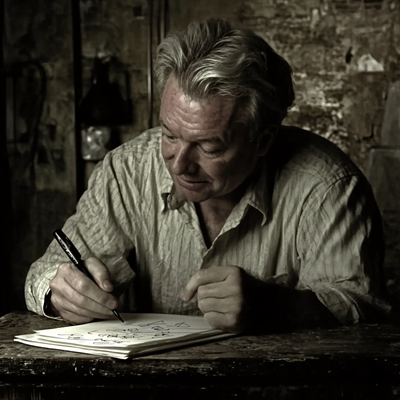
Introduction
I’ve met many fine authors during my professional stint reviewing for Readers’ Favorite. Jeff Turner (aka Jeffrey S. Turner) is one of the finest. I was immediately and immensely impressed by the humanity he reveals in his works. Where authors often introduce narrative tension through the negative traits of stereotypical villains, Jeff remains more nuanced, perceptive, and compassionate toward his characters, often including a rational and credible backstory for their worst motivations.
I was most interested in obtaining this interview with Jeff, assuming he must also have a rich backstory since writers can only be influential with one.

Interview
Q.1. Normally, I don’t begin with a biographical summary or review. However, your strong academic and professional credentials seem essential to understanding the quality and depth of your writing. Could encapsulate your life into a synopsis revealing your literary foundations?
Writing never came easy as a kid. Learning the ropes was torture. I struggled with the mechanics of grammar and punctuation, and my sentences or essays were horrifying. Papers returned by my teachers were always filled with red ink, circling my mistakes: sentences that didn’t make sense, mismatched tenses, missing verbs, and the same words used over and over.
I took my bumps and bruises throughout my schooling but never gave up. Without proper writing skills, I knew I wouldn’t amount to much in life. I reworked all my essays and dutifully resubmitted them. Eventually, to the jeers and mockery of my classmates, I built the nerve to ask for extra help when I didn’t understand an assignment. Those in charge noted my efforts. My pals poked fun when I was awarded “the most improved writer.”
College brought myriad opportunities to study writing, from journalism and creative writing to comparative literature and public relations. My written work received a new level of criticism from noted scholars, philosophers, public servants, and authors. I was unprepared for the volley of withering reviews. Some were favorable; many were not. Still, I stood my ground as always and went full throttle, visiting professors, reworking my documents, and resubmitting my work. Although writing had become more challenging and the coursework more demanding, I wasn’t going to let criticism cripple me with self-doubt.
Looking back, I remember one professor having a plaque by his door with a quote from Norman Vincent Peale: “The trouble with most of us is that we would rather be ruined by praise than saved by criticism.” I’ve never forgotten that quote.
In addition to my passion for writing, I became interested in the behavioral sciences. I always wanted to understand why people acted the way they did and believed that the more we understood, the more we could help improve the lives of those around us. My interest in counseling and psychology eventually led to two graduate degrees and a teaching position at Mitchell College, a small liberal arts institution in New London, Connecticut.
What happened to this guy’s passion for writing; did he walk away?
Then, one day, in a stunning twist of fate, fellow psychology professor Don Helms and I were lamenting our inability to find a suitable textbook for our Child Development course. He knew about my penchant for writing and jokingly remarked that we should join forces and write our textbook. The next day, he showed up with a table of contents and chapter outlines.
In the following weeks, we created a textbook prospectus, several sample chapters, and a detailed table of contents. We sent these to publishers with crossed fingers. Soon, publishers began contacting us. We were in the right place at the right time. There was a dearth of new child development textbooks on the market, and our college course had a sizable market share.
Our samples received warm reviews, and we were rewarded with a lucrative publishing contract for our child development textbook. Others followed. We wrote over twenty academic books released by some of the world’s largest publishers (Prentice Hall, Harcourt Brace Jovanovich, Holt Rinehart Winston, W. B. Saunders). These were used in over three hundred colleges and universities throughout the United States. The most popular, Lifespan Development, sold nearly 75,000 copies with five editions.
There were many bright sides to textbook writing. The advances were lucrative, as were the sizable royalty checks. In addition to the benefits, however, a downside led to my departure from writing college textbooks. The strict deadlines were exhausting, especially when juggling five titles simultaneously. Often, we would be revising two manuscripts while teaching college courses. Meanwhile, the publication of college textbooks declined significantly due to the upswing in used textbook sales, e-books and Kindle sales, and textbook rentals. The death of my co-author, Don Helms, led to my decision to leave academic publishing.
That didn’t mean my writing came to a screeching halt. I’ve published six novels as an independent author and remain a frequent contributor to the online publication platform Medium. I’m proud of the literary awards I’ve received during my writing odyssey: bronze medal winner of the 2024 Readers’ Favorite Book Award for The Horseman Who Came from the Sea; finalist in the 2022 Feathered Quill’s award contest for A Rescued Soul; and finalist in the 2013 Readers’ Favorite contest for The Way Back.
Q.2. The few books I’ve reviewed, especially your deeply insightful novel The Horseman Who Came From The Sea, reveal an impressive understanding of the human condition. Such expanded understanding seems to evoke personal and universal forgiveness. Is this intentional or derived from personal experience?
I’ve always been drawn to uplifting stories that inspire and make the reader feel optimistic at the end. The feel-good quality of my characters and storylines originates from positive traits I seek to embed, like kindness, compassion, and hope. There’s too much hostility in the world today. I want to be remembered as an author who captured feel-good qualities in his stories and offered readers an alternative to negativity.
Forgiveness is the bedrock of character integrity I hope to achieve. Acquiring forgiveness is no easy chore, but it is important enough to intertwine its dynamics in several of my books. I paint a portrait of unforgiving souls refusing to let go, desperation often triggering resentment and anger. Those unable to forgive are usually portrayed as bitter, caustic, and biased.
Those practicing forgiveness have learned to let go of the past. They recognize another’s sins can’t be undone, but forgiveness is a gift for one who holds a grudge. When a character forgives, they do it for themselves, not the other person. This way, forgiveness brings inner peace, allowing a person to move forward and not live in the past.
The path to forgiveness and other strong character traits tend to create friction and conflict. However, I make it a point to introduce a protagonist who never wavers in his/her role as a crusader or defender. For example, I created a veteran cavalry lieutenant to guide a young teenager through troubled waters. The lieutenant embodies strength and courage while helping the teenager with his troubles, enabling him to stand tall and strong. I wanted the lieutenant to be a role model of honor and gallantry, but I ensured he exuded kindness and forgiveness.
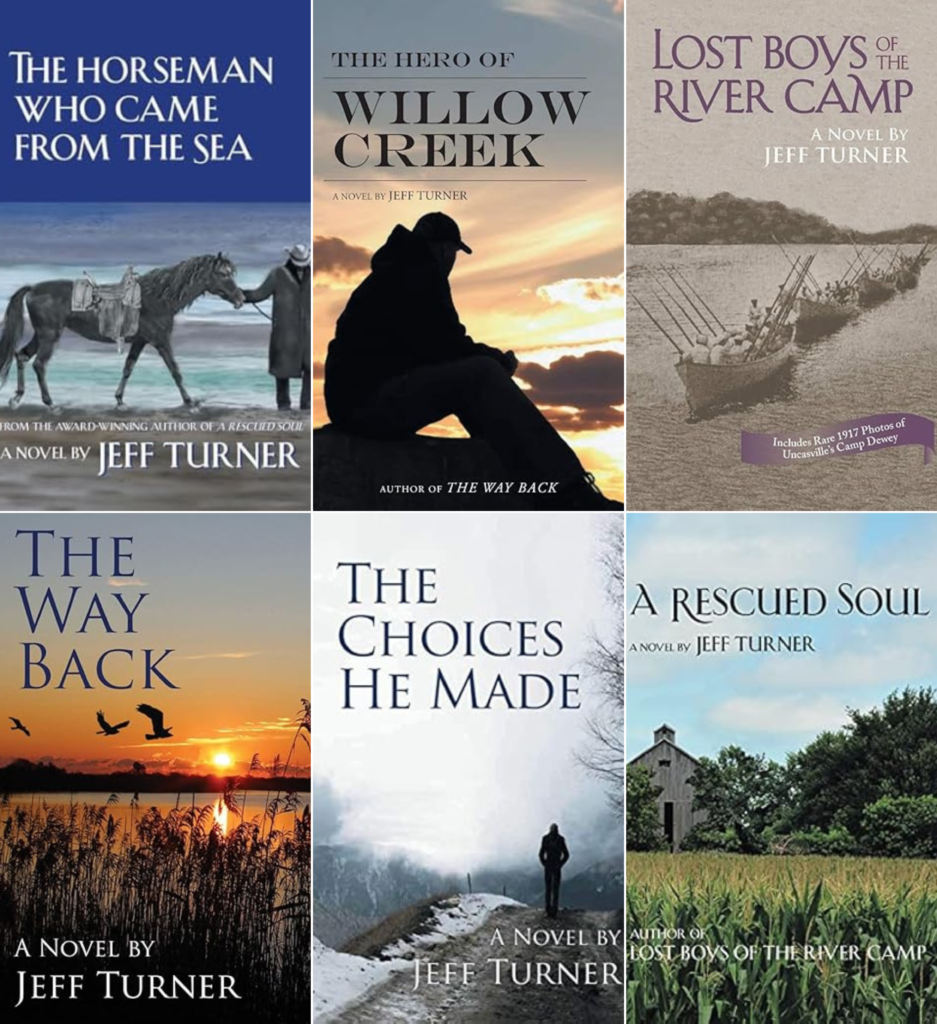
Q.3. Another theme in your fiction intimates the human need for personal redemption, not necessarily through some higher force, but certainly through our involvement with others. Can you speak about this?
We all wish to be worthy of redemption, which enables us to atone for our guilt or mistakes. In other words, it is a desire to make better those past choices we’ve made. I couldn’t agree more with the power of redemption in literature.
One of my ambitions as a writer is to create characters who have tried to achieve redemption but stumbled along the way. Through hard work, they keep trying and eventually succeed, thanks to others who offer a helping hand. My emphasis is not so much on how a character’s journey ends but on the travels that got them to their destination and those who ensured their safekeeping.
For me, redemption often rests on familial connections. For example, one of my characters created a family, not linked by blood but woven together by strangers who brought safety and security to the homefront. They work together as a family and triumph as such. Each struggles, but the entire family cooperates to regain stability and restore balance.
I remind readers that our lives aren’t measured in days, months, years, or even decades. Instead, they are measured and enriched by the things that count most in life: the family connections we forge and the events we share with our loved ones along the way — newborn arrivals, birthdays, holidays, and other family celebrations.
I also emphasize that the best things in life are not things. Instead, they are behaviors and interactions capable of bringing happiness and fulfillment to our daily lives: being kind to others, spending quality time with loved ones, forgiving those who don’t know any better, and never taking each other for granted.
I convey simple messages about overcoming the complexities of life on the way to achieving redemption and inner peace. This means accepting our loved ones just as they are, their gifts, beauty, flaws, and inner pain. In so doing, we discover what matters most.
The unlikeliest source best summarizes fulfillment and redemption: the Wizard of Oz. When the Wizard presents his testimonial to the Tin Man at the end of this tale, he remarks, “Remember, a heart is not judged by how much you love, but by how much you are loved by others.” In other words, we must earn people’s hearts in our lives. It is not enough to express commitment and devotion; we must demonstrate our caring and compassion through daily actions and deeds.
Q.4. You seem reluctant to continue writing novels. Fortunately, you have taken the time to write genuinely significant stories/articles on the Medium platform. I would love to hear about your experience there.
After authoring and co-authoring over twenty college textbooks and writing six novels, I was certainly ready for a break, not to rest on my laurels but to explore the prospects of new literary possibilities. For several years, I’d heard about Medium, a publishing platform allowing me to read, write, and share stories and ideas.
Medium didn’t disappoint, and I immediately became a member in 2023. Since then, I’ve found the content to be high-quality, and the sky is the limit for writing about anything. When I began publishing articles, I found that the platform offered high-quality typography and an appealing design. Medium has a simple text editor and formatting option that doesn’t require users to set up their own website. I especially like that I can submit my articles to themed collections of articles.
I enjoy the clapping system and the comment sidebar that provides feedback on the pieces I publish. It’s always nice to get positive reviews on your articles, but all writers benefit from constructive criticism (so far, I haven’t been thrown to the wolves). I also enjoy following my favorite authors and receiving notifications when they publish.
The platform’s best feature is that it’s an excellent place to connect with other writers and peers. Contributors can establish connections with their colleagues and engage in discussions on various literary topics, heightening the writing experience. So far, I’ve networked with several industry professionals.
As pointed out, I’m a relative newcomer to Medium. All along, I thought my experiences in the academic and fictional genres might help other writers. I enrolled with the hope of helping other writers on Medium find their way to literary success. As we all know, writing can be a lonely pursuit, and a helping hand and a fresh set of eyes can assist even the most successful and prolific authors.
Q.5. Which of your books most completely and effectively reflects your philosophy of writing and your standards for the written word and best tells the story that consumes you most?
I’m proudest of my novel, The Hero of Willow Creek, published in 2015. The story’s protagonist, Ray Porter, is an ordinary man whose sheltered and peaceful world is shattered one night when he stumbles upon an armed robbery in progress. Resisting the temptation not to get involved, he uses gritty determination and fierce resolve to overtake the robber and rescue the two captives. Porter becomes an overnight hero of legendary proportion in the sleepy, rural town of Willow Creek and is bestowed astonishing tribute and bounty. But the intensely private Porter soon realizes that such revered status isn’t for him, and he beats a hasty retreat to simpler times.
I made this a novel about a true dyed-in-the-wool hero, an unknown who puts his life in jeopardy for total strangers and does so without the need for recognition or glory. It is a story about how private worlds can suddenly collide with the unyielding powers of fate and circumstance, altering lives for better or worse or even swept away.
This book ushers readers into a world where resilience shapes destinies and relationships forge new paths. It’s a tale that encourages readers to reflect on their legacies and the impact they wish to leave behind. It inspires, challenges, and ultimately uplifts, making it a novel for readers drawn to stories of genuine inspiration and connection.
Discover more from Joel R. Dennstedt
Subscribe to get the latest posts sent to your email.
